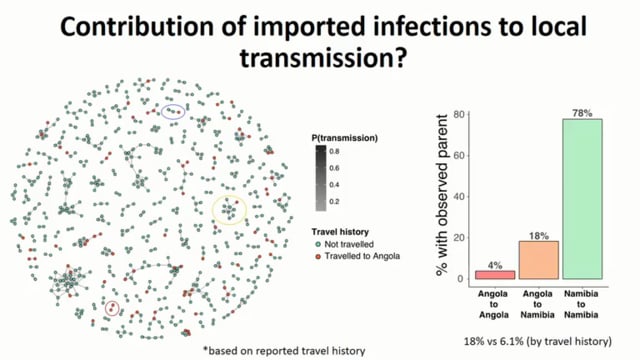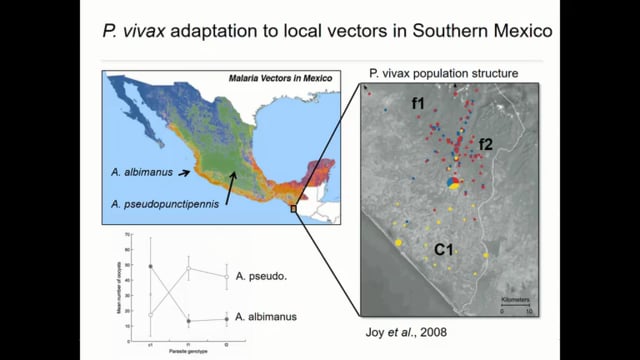Last Updated: 05/10/2023
Genetic diversity and molecular characterization of resistance to antimalarial drugs in populations of Plasmodium spp. in the state of Roraima
Objectives
*Original title in Portuguese: Diversidade genética e caracterização molecular da resistência aos fármacos antimaláricos em populações de Plasmodium spp. no estado de Roraima
To investigate the genetic diversity and molecular characterization of resistance to antimalarial drugs in populations of Plasmodium spp. in the state of Roraima.
Malaria is an important public health problem in Brazil, especially in the Amazon Region, which concentrates 99.99% of cases natives registered in the country. Despite the adoption of prevention and control measures, based on diagnosis, treatment, as well as anti-vector measures, malaria has shown an increase in recent years in Roraima, making it important to better understand the epidemiological pattern and the transmission dynamics of the infection in the state. The genes, PvMSP3α and PvMSP3β from P. vivax and PfMSP-1 and PfMSP-2 of P. falciparum are reported as highly polymorphic and reliable markers for characterizing the genetic diversity of these parasites. In turn, pfmdr1 and pfgch1 genes from P. falciparum and pvmdr1 from P. vivax are considered good markers of resistance to different drugs. With the results obtained, it is intended to subsidize health education actions for the prevention of malaria; contribute to the evaluation of work process indicators related to malaria in the health care network in the state of Roraima; contribute with information from characterization of the molecular diversity of P. vivax and P. falciparum for the development of effective drugs and vaccines for the malaria control. In addition to strengthening the public health rapid response capacity to eliminate the disease in the Amazon region.
Jan 2021


